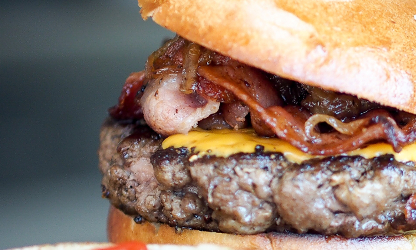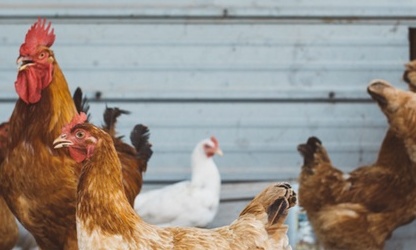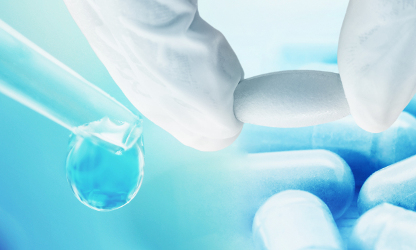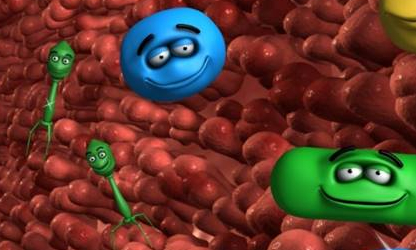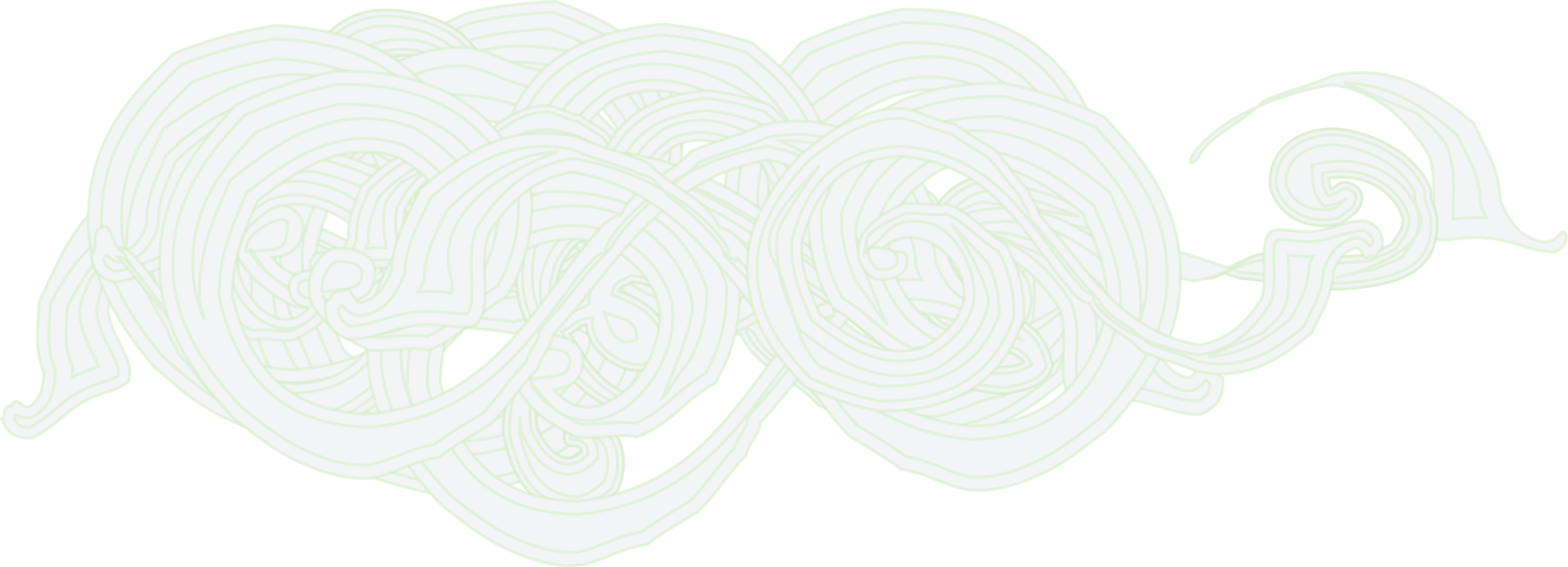
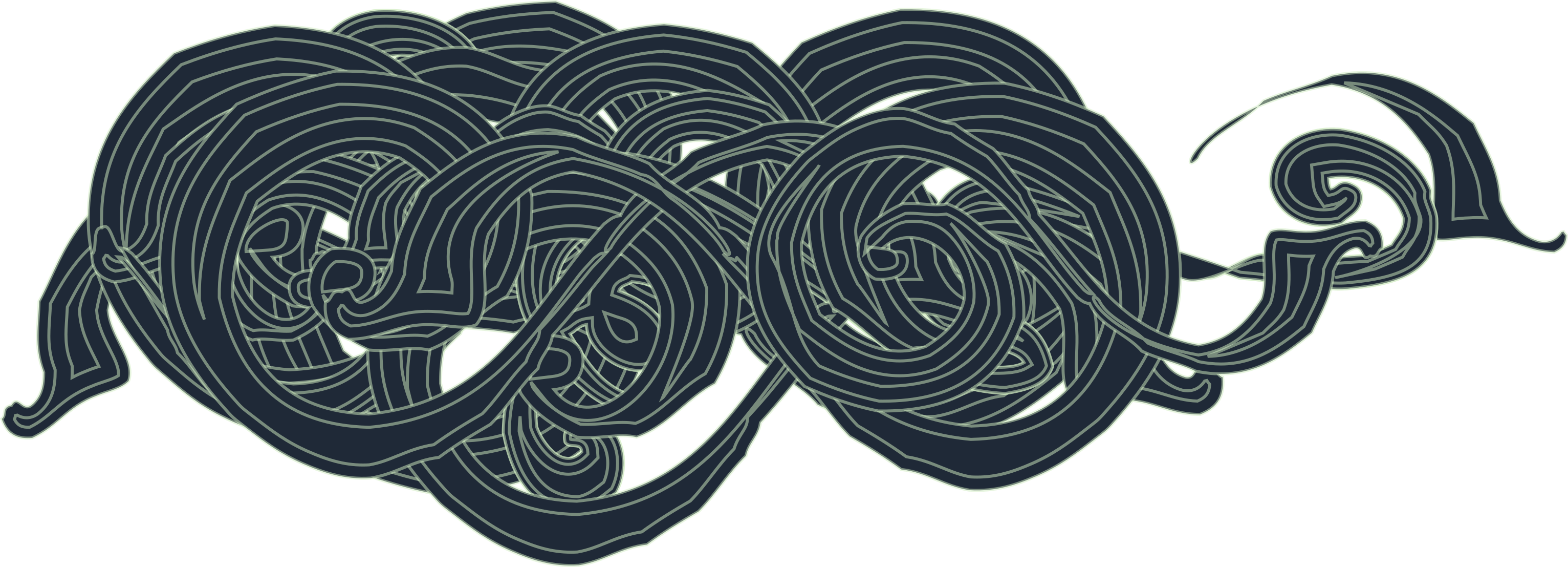
Evaluation of a Preharvest Bacteriophage Therapy for Control of Salmonella within Bovine Peripheral Lymph Nodes
2022
Journal of Food Protection
Wottlin LR, Edrington TS, Brown TR, Zook CA, Sulakvelidze A, Droleskey R, Genovese KJ, Nisbet DJ.
Abstract
A series of proof-of-concept studies were developed to determine whether a commercial bacteriophage cocktail could be utilized for the mitigation of Salmonella in bovine peripheral lymph nodes (LNs). The first objective sought to determine whether exogenous phage could be isolated from the LNs following administration. If isolation were successful, the second objective was to determine whether the phage in the LNs could effectively reduce Salmonella. Salmonella Montevideo was inoculated intradermally at multiple sites and multiple times, followed by delivery of the phage cocktail subcutaneously in two injections around each of the right and left prescapular and subiliac LNs. At the conclusion of each study, animals were euthanized, and the popliteal, prescapular, and subiliac LNs were examined. The inoculated phage was successfully isolated from the LNs; transmission electron microscopy revealed phages in the LNs of the treated cattle, and these phages were identical to those in the cocktail. Levels of phage were higher (P < 0.01) in the prescapular and subiliac LNs in the phage-treated than in the control cattle. In subsequent studies, the protocols were modified to increase Salmonella and phage levels within the LNs. Compared with the first study, overall Salmonella levels were increased in the LNs, and phage treatment decreased (P < 0.01) Salmonella in the some of the LNs. Phage levels were numerically but not significantly increased (P = 0.12) in the treated cattle. The final study was modified, hypothesizing that a 48-h postmortem period before LN removal would facilitate phage-Salmonella interaction; however, no differences (P > 0.10) in Salmonella levels were found among treatments. Salmonella-specific phages administered to live cattle can translocate to the LNs; however, these phages had limited to no effect on Salmonella in these LNs under these experimental conditions.
Target
Salmonella spp.
Matrix
Bovine Peripheral Lymph Nodes (LNs)
Back to Publications Full Publication
Access Content
Read the full article online

